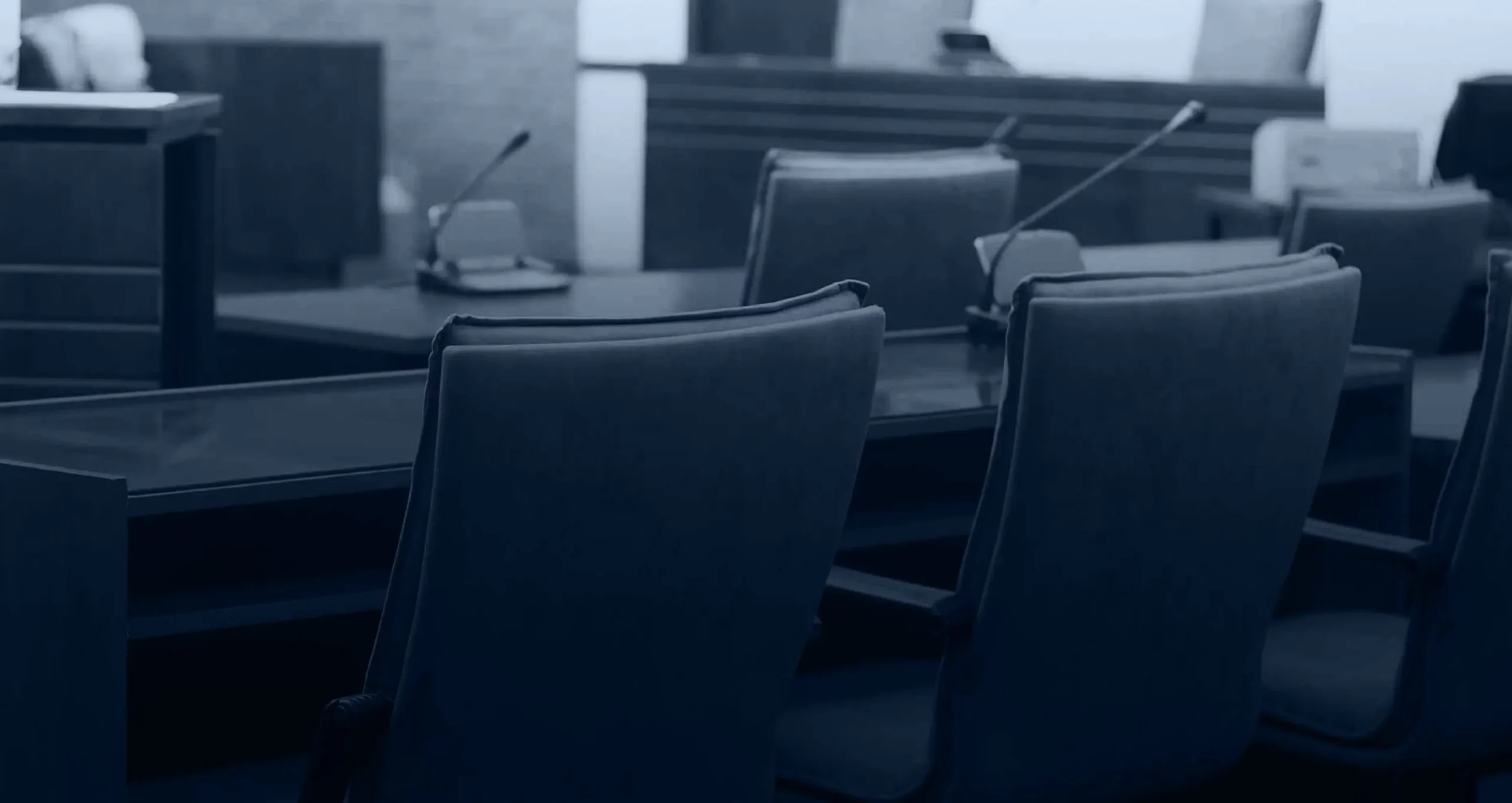
If you’ve just begun working with a personal injury lawyer (or are considering doing so), you might be overwhelmed by some of the words and phrases they use. Dealing with a severe injury is trying enough as it is without being bombarded with unfamiliar terminology. Learning the meaning of a few core terms can help you proceed with confidence and clarity.
Key Terms in Personal Injury Law
While not an exhaustive list, the glossary below should help you understand some of the most frequently used terms in personal injury law:
Contingency Fee
Most personal injury lawyers have a contingency fee agreement with their clients. This means that if the lawyer wins the case, they receive a certain percentage of the total compensation recovered. If they lose, the client pays nothing.
Damages
In the legal realm, compensation for injuries and other losses is called “damages.”
In personal injury cases, damages usually fall into one of two categories:
- Economic damages: Compensation for monetary losses
- Non-economic damages: Compensation for non-monetary, intangible losses
You might be awarded non-economic damages if you’ve suffered harm that doesn’t have a specific dollar amount. For example, if you were injured by a drunk driver, you might be awarded non-economic damages to compensate you for physical pain and loss of quality of life.
Defendant
In personal injury law, the defendant is the party being sued. For example, if you were to get hurt in a highway crash and file a personal injury lawsuit, the defendants would be the at-fault driver and their insurance company.
Duty of Care
This is a requirement to act in a way that prevents harm and reasonably protects the interests of others. For example, a store owner has a duty of care to ensure the store is free from hazards and safe for customers.
If someone breaches an established duty of care and you suffer harm as a result, you may be entitled to compensation from the wrongdoer.
Liability
Liability refers to legal responsibility for a party’s actions. Often, the at-fault party in a personal injury case must pay monetary damages if found liable.
For example, if someone speeds through a red light and hits you, they would likely be liable for your injuries and the damage to your vehicle. The driver (or their insurance company) would most likely be ordered to pay you a certain amount of monetary damages.
Litigation
Litigation is the official process of resolving a legal dispute through the court system. It usually starts when one person files a lawsuit against another, often because they couldn’t agree on a settlement. The process may include collecting evidence, attending hearings, and possibly going to trial.
While many cases are settled before reaching this stage, litigation helps make sure both sides have a fair chance to present their case and seek justice.
Negligence
Many people believe that negligence means the same thing as recklessness or carelessness.
However, in personal injury law, an attorney must prove the following elements of negligence to win a case:
- The defendant owed the plaintiff a duty of care
- The defendant breached their duty
- The breach was the proximate cause of the plaintiff’s injuries
- The plaintiff is eligible to receive compensation for their harm
Most personal injury cases are based on negligence, but you might file a civil lawsuit against someone who has intentionally harmed you as well.
Plaintiff
In a personal injury case, the plaintiff is the party filing the lawsuit. This is typically the person who was injured.
Settlement
Most personal injury cases are settled out of court. This means that both sides agree to a settlement, or a certain amount of money that the defendant pays to the plaintiff. Once the defendant pays the agreed-upon amount, the plaintiff drops the lawsuit.
Tort
A tort is a civil (non-criminal) wrongdoing that results in legal liability. Tort law focuses on compensating victims of these wrongdoings; personal injury law is the most common type of tort law.
Verdict
A small minority of personal injury cases go to court, where they’re heard by a judge or jury. The judge or jury decides whether the defendant is liable for the plaintiff’s injuries, and if so, how much compensation the plaintiff is owed. This formal decision is known as a verdict.
Wrongful Death
If someone dies because of someone else’s wrongful conduct, the deceased is incapable of filing a personal injury lawsuit. However, their surviving family members may file a wrongful death claim on their behalf.
The specific damages awarded depend on the circumstances. However, most wrongful death settlements cover funeral and burial expenses and medical bills accumulated before death. If the survivors were dependent on the deceased, they may be eligible to sue for loss of income as well.
Contact Our Chicago Personal Injury Lawyers for a Free Consultation
Personal injury cases can be confusing, but the right attorney can make it all more manageable.
The capable team at Zayed Law Offices Personal Injury Attorneys is committed to keeping you informed and supporting you throughout your case. We know how disorienting legal terminology can be, and we’ll make sure you always know exactly what’s going on with your case.
If you’re dealing with a serious injury because another person acted recklessly or negligently, we can help. Contact us today for a free consultation at (312) 726-1616 with a Chicago personal injury attorney.







